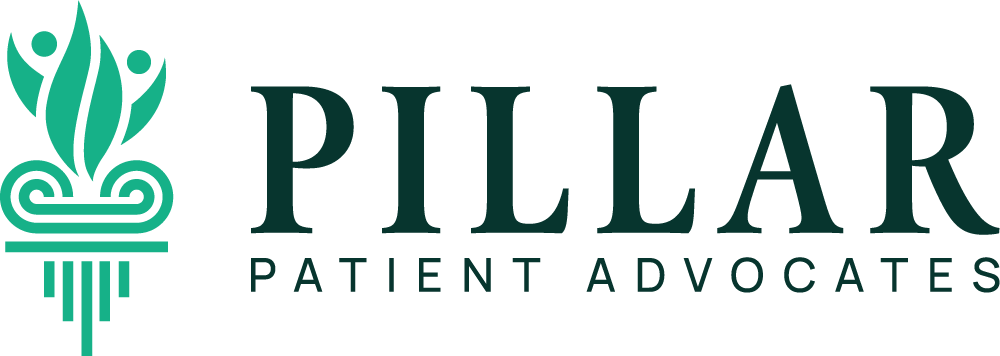Recent data and research reveals that certain types of cancer are affecting people under age 50 at higher rates than in the past. And the trend can be seen in patients 40 and younger, too. These patients are referred to as “adolescents and young adults” and are commonly known as “AYA’s” within the oncology community.
A recent government study offers the most detailed look yet at cancers developing earlier in life. Researchers at the National Cancer Institute reviewed over 2 million cancer cases in people between the ages of 15 and 49 from 2010 to 2019. According to the report, breast, colorectal, kidney, and uterine cancers showed the largest increases. Of the 33 cancer types studied, 14 had rising rates in at least one age group under 50. Women accounted for about 63% of these early-onset cancer cases. Compared to what would have been expected based on 2010 rates, there were roughly 4,800 more breast cancer cases, 2,000 more colorectal cases, 1,800 more kidney cases, and 1,200 additional uterine cases (The Toronto Star, 2025).
Although more young people are being diagnosed, the National Institutes of Health reports that cancer-related death in young people has not increased overall.
So why is this happening? Doctors and researchers are still looking for answers. In a conversation with Memorial Sloan Kettering, medical experts shared that there’s likely not one single cause behind the rise. Dr. Mendelsohn noted, “If there was, researchers would have found it.” Instead, it may be due to several environmental exposures that began decades ago. Dr. Cercek suggests that these exposures might have started affecting people born in the 1950s and have continued since the 1960s or ’70s. While researchers don’t yet know exactly what those exposures are, they are continuing to investigate possible leads.
One area of study focuses on colorectal cancer, which is rising among younger adults. In recent data presented by Dr. Mendelsohn, younger people with this type of cancer were found to have less diversity in their gut microbiome compared to older patients. The microbiome refers to the collection of bacteria and other organisms in the digestive system. It plays a big role in keeping us healthy. Researchers are examining how lifestyle choices, medications like antibiotics, and even childhood factors, such as breastfeeding, delivery method, and the age of parents, might influence these changes. According to Dr. Mendelsohn, the goal is to find out what may be triggering the differences in the microbiomes of younger patients. She also noted that some populations, including people of East Asian ancestry and younger Hispanic women, appear to have a higher risk for early-onset stomach cancer, possibly linked to microbes like Helicobacter pylori.
Increases in breast cancer among younger women may also have a connection to hormonal factors. Dr. Goldfarb from Memorial Sloan Kettering pointed out that subtypes of breast cancer, like triple-negative and HER2-positive, are more common in young women and often come with a worse outcome. Risk factors are also changing. She explained that younger women are now experiencing menstruation earlier and having children later in life, which means they’re exposed to more years of unopposed reproductive hormones, a factor linked to increased risk.
Being diagnosed with cancer as a young adult comes with different challenges. Older adults might be retired, have regular access to checkups, and are often covered by Medicare. They can take the time they need for follow-ups and treatment. But a young person with cancer might be working full-time, going to school, or planning for the future. A cancer diagnosis can mean quitting a job, losing health insurance, or putting life on hold. It may also come with fertility challenges after treatments like chemotherapy. While older patients may have already decided whether or not to have children, young patients often haven’t reached that decision, and now may not get the chance.
There’s also the emotional toll. Most young people don’t expect to face serious illness. When everyone around you seems healthy and carefree, it’s easy to feel isolated, anxious, or overwhelmed by the thought of what comes next.
At Pillar Patient Advocates, we understand the special concerns of adolescents and young adults facing cancer. Our board-certified patient advocates can guide you through your options, help you understand your diagnosis, and support you in making informed choices during a difficult time. Contact us today to start a conversation.



